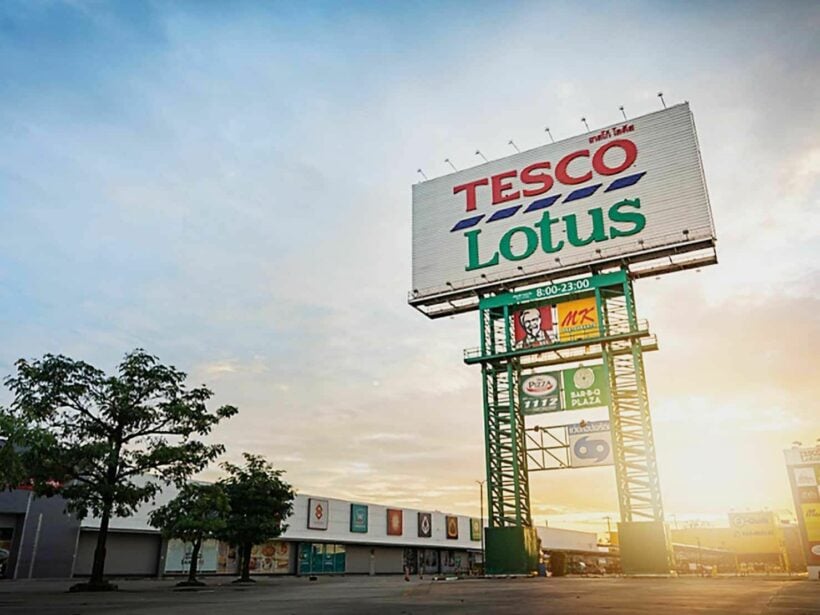UK Tesco accused of using slave labour in Thailand

The UK’s Tesco supermarket chain is being accused of using slave labour in Thailand. According to a Guardian investigation, Burmese workers who made jeans for Tesco Lotus in Thailand, allegedly worked 99-hour weeks. And, their received wages were allegedly too low to make the cut legally. The investigation also found that their working conditions were considered quite harsh.
Tesco faces a landmark lawsuit in the UK from 130 former workers at VK Garment Factory, who are suing the mega-grocer for negligence and unjust enrichment. The workers made jeans and denim jackets for Tesco Lotus between 2017 and 2020.
Tesco said the garments were sold only on the Thai market, though profits from sales in Thailand went back to the UK. The Thai branch of Tesco’s business, Tesco Lotus, was sold to Charoen Pokphand Group in December 2020 when the name was changed to “Lotus.”
It is believed to be the first time a UK company has been sued in the English courts over a foreign factory that it does not own.

The factory is in Mae Sot on the Myanmar border and has a reputation as being in the “wild west” for workers’ rights. The lawsuit argues that Tesco should have known the area was notorious for exploitation.
The lawsuit also alleges that workers were paid 130 baht (US$4) a day to work from 8am to 11pm with just one day off a month. It furthered that workers who worked at least 24 hours straight would fall asleep at their sewing tables.
More than a dozen people said the factory opened bank accounts for them and then kept the cards and passwords to make it appear as if they were paid minimum wage, around 330 baht per day at the time. Most workers say they relied on the factory for their immigration status, with some claiming that their documents were held by the factory, leaving them in debt bondage.
Accommodation quarters allegedly consisted of overcrowded rooms with concrete floors. Moreover, the court documents allege that the workers had to sleep on the floor and were given a bucket of dirty water to use for washing. Workers also say that their rooms only had a curtain and not a door.
Tesco said that had it identified serious issues at the time it would have ended the relationship immediately. Tesco began using the factory in 2017, despite its own inspection identifying areas of non-compliance.
A Tesco spokesperson said…
“Protecting the rights of everyone working in our supply chain is absolutely essential to how we do business. In order to uphold our stringent human rights standards, we have a robust auditing process in place across our supply chain and the communities where we operate.
“Any risk of human rights abuses is completely unacceptable, but on the very rare occasions where they are identified, we take great care to ensure they are dealt with appropriately, and that workers have their human rights and freedoms respected.
“The allegations highlighted in this report are incredibly serious, and had we identified issues like this at the time they took place, we would have ended our relationship with this supplier immediately.
“We understand the Thai labour court has awarded compensation to those involved, and we would continue to urge the supplier to reimburse employees for any wages they’re owed.”
Latest Thailand News
Follow The Thaiger on Google News:


























